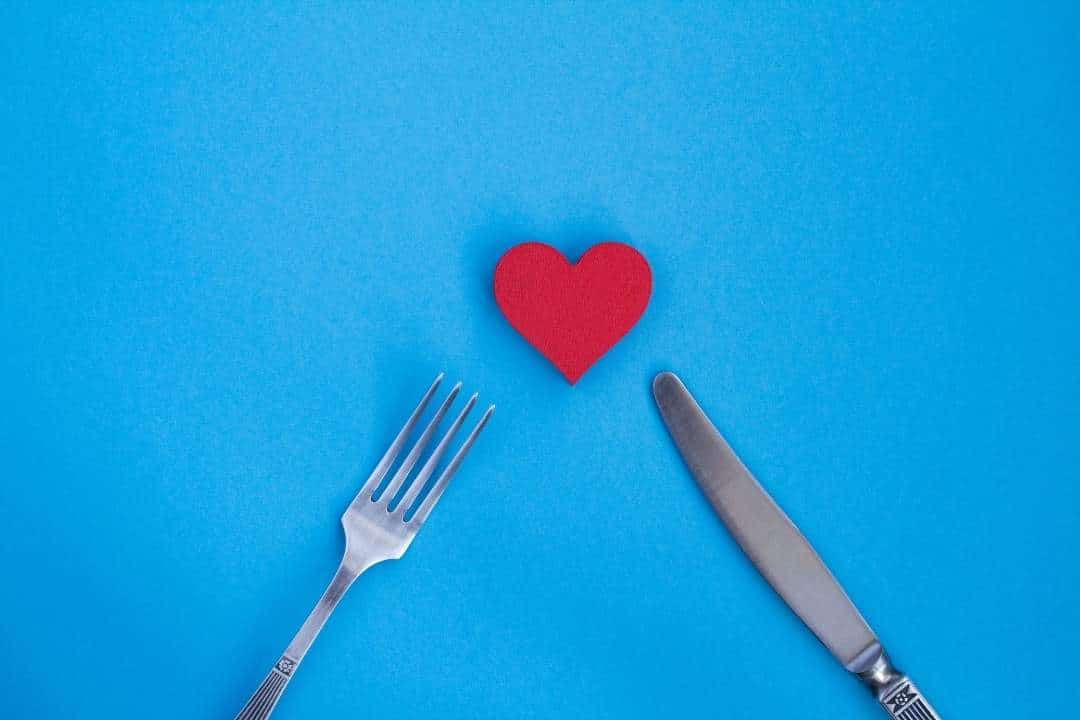

Take The Quiz
Do I Have Binge Eating Disorder?
Let’s get a few things straight.
Binge eating is not a problem of willpower and dieting may only make things worse.
Binge eating or compulsive eating is a complex psychological issue that can be treated. Over time, it can lead to binge eating disorder, which is a serious mental health concern.
Risk Factors
- You often experience overwhelming emotions. Feelings like anxiety, shame, or anger, especially in people who have a difficult time expressing themselves, can drive the urge to numb themselves with food.
- This disorder can accompany other mental health issues like ADHD, anxiety, or mood disorders. For example, depression can be both a cause and a result of binge eating.
- You often have restrictions around food and occasionally dip into the realm of deprivation.
If you’re worried your eating may be out of control, take the binge eating disorder test and find out where you stand.
Don’t be afraid to reflect on your relationship with food as you take the test. This is an extremely important step in your journey towards healing.
NOTE: This is not a diagnosis. It is a screening that you can show to a mental health professional.
Review Your Quiz Score
As you review your results, recognize that binge eating doesn’t have to be a life sentence.
Everyone overeats some of the time.
However, if you have started to feel out of control with food, feel guilty or ashamed about your eating, and/or use food to cope, you may need additional help.
Binge Eating is Treatable!
There are many emotions connected to eating. We eat to feel comforted. We eat to feel safe. Whether we do not eat enough or eat too much, these behaviors may provoke deep feelings of guilt and shame.
In order to change your relationship with food, you’ll need to sift through and learn how to manage the pain and hurt you’ve felt in your life. One of the hardest—yet most rewarding—parts of overcoming binge eating is learning to feel good about who you are now.
Bingeing doesn’t have to be a life sentence. Simply trying to understand why you binge eat is an important first step.
Whatever the reasons you believe you’re binge eating, know that it can be really hard to get better on your own—and that’s okay. A therapist can give you the guidance, support, and professional input you need.
Binge eating disorder can be very dangerous, but fortunately, it’s also very treatable.

Follow Up To The Binge Eating Quiz
Binge eating symptoms can cause a lot of distress. When you choose to get treatment, you can recover from the disorder and learn how to have a healthy relationship with food.
Treatment for Binge Eating Symptoms May Include:
- Individual therapy which may include techniques for learning to change your relationship with food, exploring your physical and emotional triggers to binge and finding alternate coping strategies.
- Dialectical behavior therapy which can help you learn to regulate your emotions and tolerate stress.
- Several medications, including antidepressants or Vyvanse, may also help to reduce the desire to binge.
- Group therapy to learn new skills and strategies to manage binge eating symptoms, gain support from others and reduce feelings of isolation, loneliness, and shame about bingeing.
Our group therapy program, “Make Peace with Food” teaches coping skills and helps participants identify underlying triggers and issues that can cause binge eating symptoms. Group therapy can also be a powerful way to connect with and learn from others in situations similar to your own and feel less alone.
To get started now give us a call to schedule an appointment at 832-559-2622 or schedule an appointment online.
Check Out This Blog Post
Source: J Gormally, S Black, S Daston, D Rardin. The assessment of binge eating severity among obese persons. 7(1): Addict Behav 47-55 (1982).
















